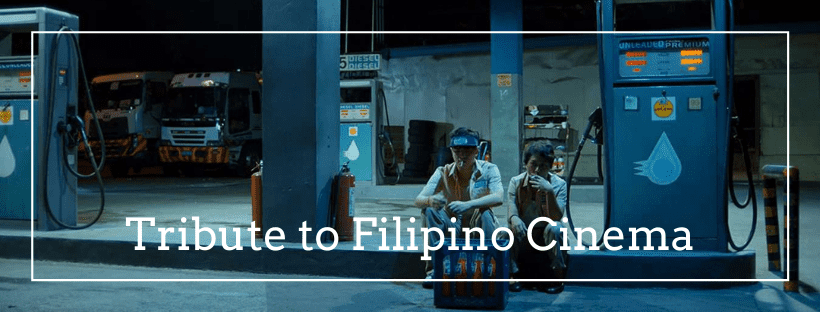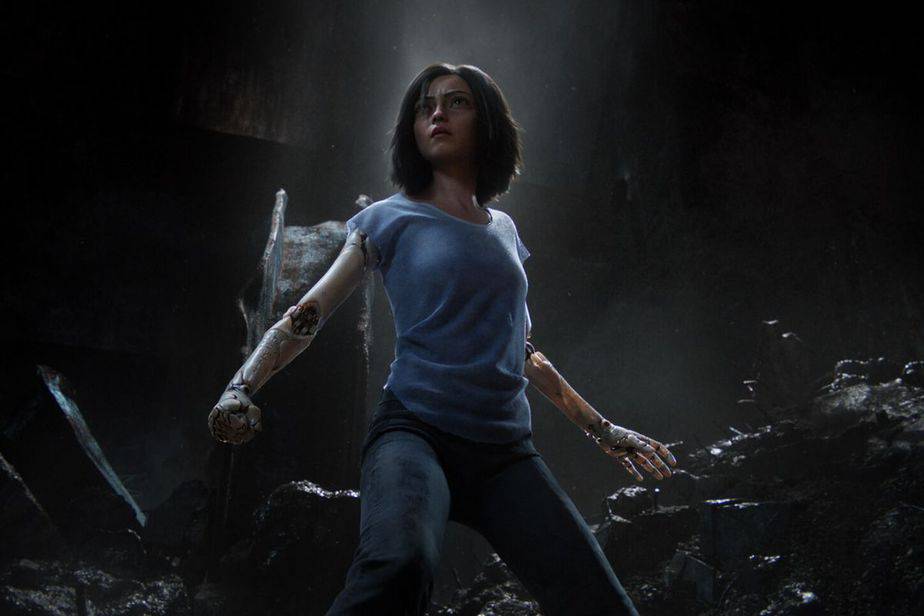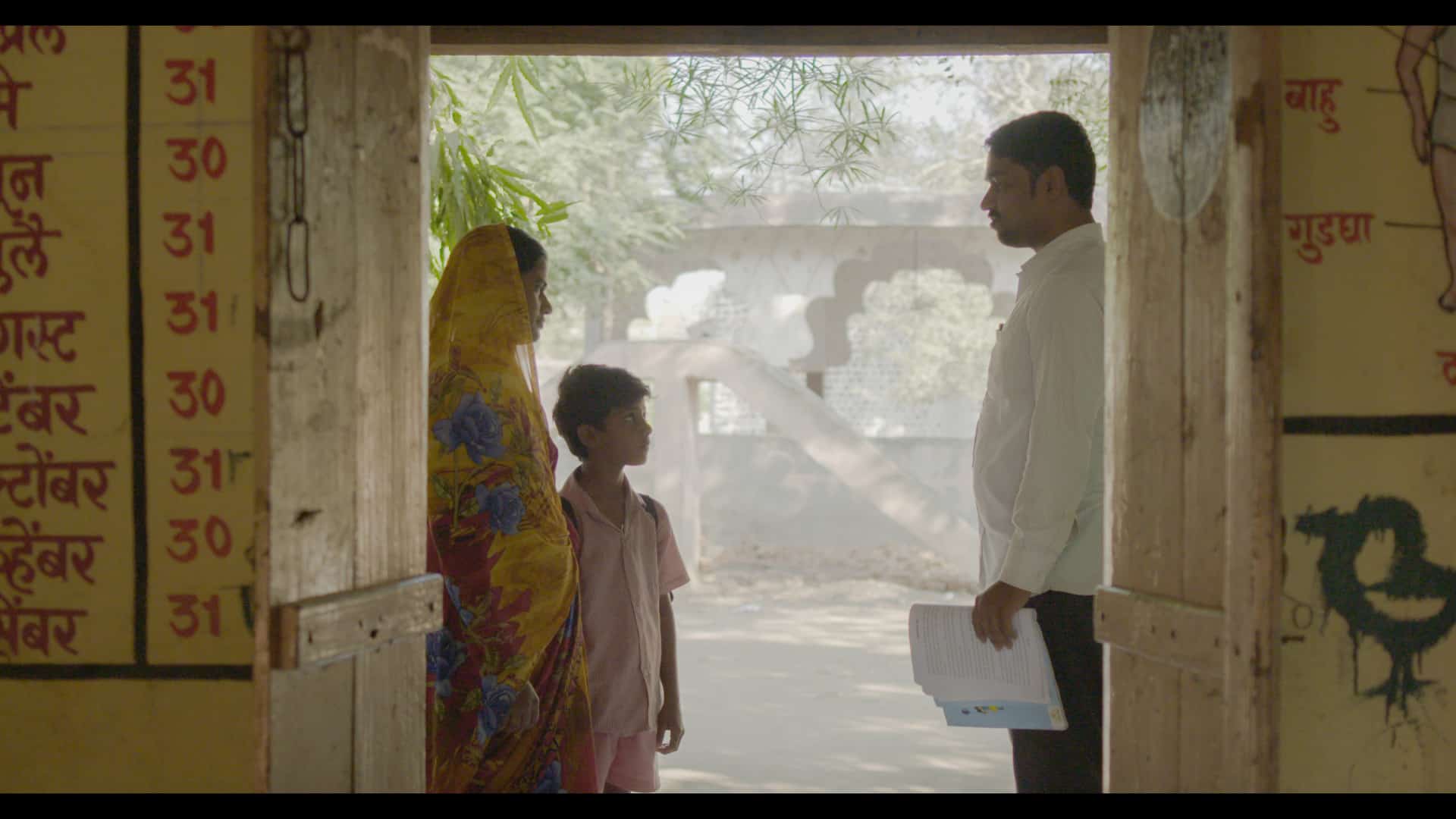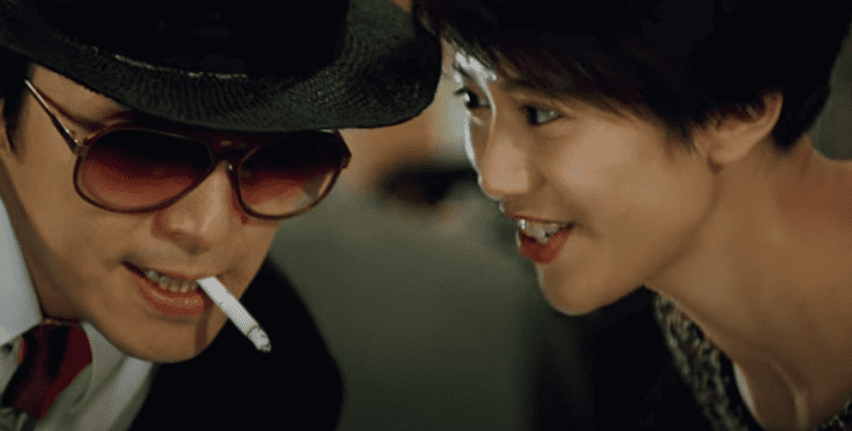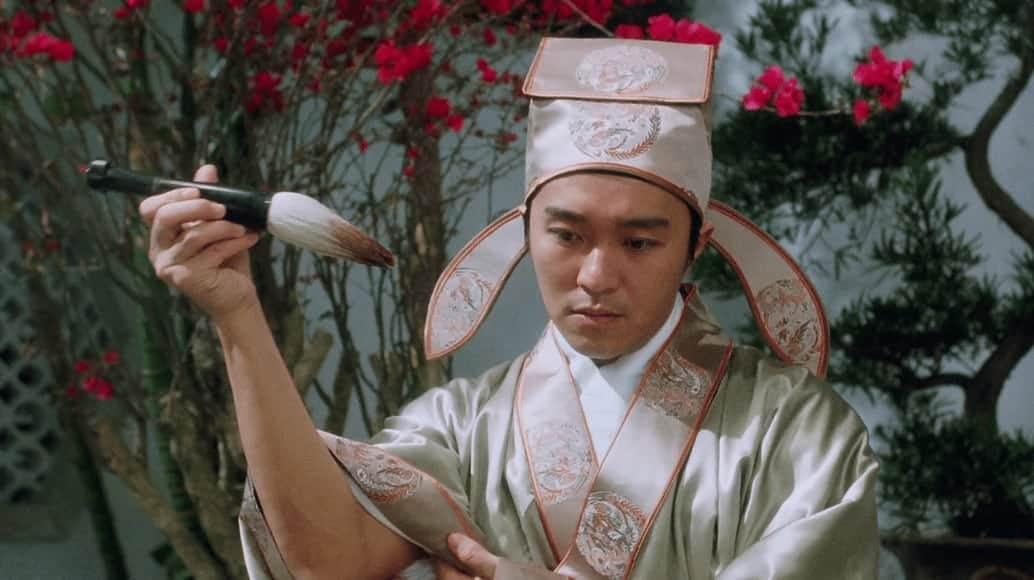By Federica Giampaolo
A vibrant mystery comedy about the relationship between transphobia and social media produced by ANIMA Studios, “Where is the Lie?” (Marupok AF) is a 2023 film directed by Quark Henares, that made its world premiere this January at Slamdance Festival in the US. In April, it made its European debut in Italy at Udine's Far East Film Festival, where it received great praise. The movie is based on a true story, following a Twitter thread posted in 2020 that received remarkable attention. In this thread, a Filipino trans woman recounted how she got catfished in 2020 by a group of transphobes. Several details and elements of the movies (save the original names) are, in fact, influenced by those present on her Twitter posts.
“Where is the Lie?” screened at Udine Far East Film Festival

The film follows Janzen Torres (EJ Jallorina), a transwoman struggling with romantic relationships. We see her go through the ups and downs of a recent relationship, from the excitement of new love to the pain of a breakup. One night, Janzen matches with Theo Balmaceda (Royce Cabrera) on a dating app and hopes that he could be the one. But as Theo continues to make excuses and eventually ghosts her on their planned meetup, Janzen begins to question his true identity and whether he is even real.
Janzen's unfortunate experience is, in reality, due to a transphobic group in the modelling industry led by Beanie (Maris Racal), a sociopath director. In fact, Janzen falls in love with a fake online persona that Beanie created, and Beanie relentlessly toys with her, possibly developing feelings for Janzen along the way. However, this emotional manipulation leaves Janzen heartbroken, and the situation escalates well past what any of the involved parties intended.
Henares' work offers a unique approach to storytelling by showcasing all sides of the story, providing interviews throughout the movie with each person involved in the situation. This approach allows the audience to get a better understanding of each character's motivations and feelings. Its intention and message are delivered clearly and directly, opening up a discussion on how social media affect everyone's life, but especially those of the LGBT+ community when used for hatefulness and vindictiveness towards them. Moreover, “Where is the Lie?” explores the fine line between real and fake that characterizes social media, thus the importance of telling the whole story. This, in fact, recalls the movie's initial scene:
“Inspired by true events
…depends on who's telling the story.”
Although its aim is to provide three different points of view, the screenplay is messy, especially at the end. Beanie receives more screen time and shows more development than Janzen, who should be the main character and focus of the story. In fact, even if portrayed as a likeable person, we end up knowing nothing about Janzen's persona and feelings, if not those of betrayal and sorrow caused by Beanie's plan. Moreover, the understanding of the reasons behind said plan is developed really hastily, letting the viewer feel as if something is unexplained or unresolved. Especially the scenes where Beanie is shown to have feelings for Janzen, result in depicting a meaningless subplot as the situation is not explored further. It is very easy to define the storytelling tropes in the story, but they're mostly executed in a superficial way.
Check also this interview
The directing style is typical of commercial films, and because of that, the acting plays an important role, which in this case is really well-executed. The actors manage to perfectly portray the quirky and theatrical nature the characters are meant to have. The film, in fact, recalls the style and directing of typical Filipino TV dramas, meant to build a relatable and approachable story. Whether it has a good or bad screenplay, the storytelling and directing of said TV dramas are aimed at keeping you hooked on the screen to find out what's happening next; and the film totally succeeds in that aspect. Also, the bubbly pop electronic music perfectly fits the said style, but sometimes stands out too much by being overly used. There are a few scenes where the music may distract the audience from what's happening, as it's either too loud or unfitting for the situation.
The movie depicts a light and easy-to-understand story where the characters are divided by either being the good victim or the rightly unlikable villain. This perfectly reflects the intended message, according to which unjustifiable actions shouldn't be superficially played off as forgivable when they're not. Although she tries to explain the reasons behind her actions, Beanie doesn't receive redemption or forgiveness. Also, throughout the story, she isn't portrayed as a complex human, but rather as a despicable person who only means harm. The same happens with Janzen's character, whose complexity is nonexistent, and is just limited to her victimhood. On the other hand, the representation of the trans community in the contemporary Philippines is accurate, an aspect that makes the movie intriguing for those interested in Filipino social issues.
The shots are simple, which recall said TV drama style, but very effective in delivering the intent behind each scene. In fact, the editing and cinematography, respectively of Benjamin Tolentino and Tristan Jed Salas, result in being straightforward when depicting the story's layers and messages. The scenes do not hide deep meanings or symbolism of any sort but portray clearly and directly the characters' actions and feelings. However, the pace is quite hasty and incoherent, causing the story sometimes to be hard to follow. The intent of the movie is evident and well-played, although failing in many other aspects.
“Where is the Lie?” is not just a story of catfishing and emotional manipulation. It also aims to shed light on the bigger picture of transphobia in the Philippines and the role of social media in online dating. It is surely a thought-provoking film that explores important themes and issues, and its story seems captivating, although it fails in delivering its characters' depth. Henares's verve direction and the talented cast make this movie worth a watch worth a watch for those who do not expect much, but a light production about the LGBT+ community in the Philippines..



